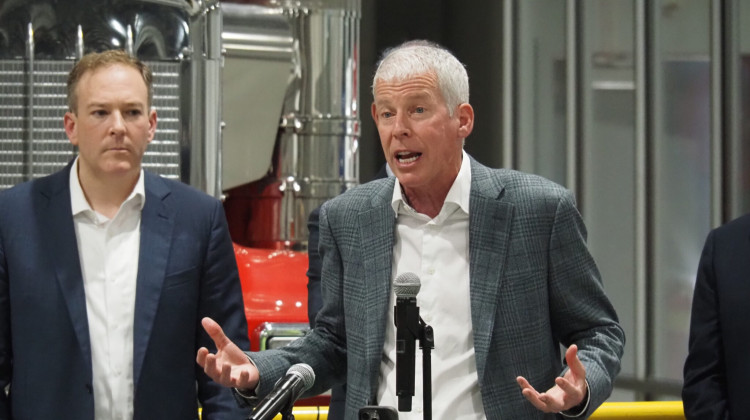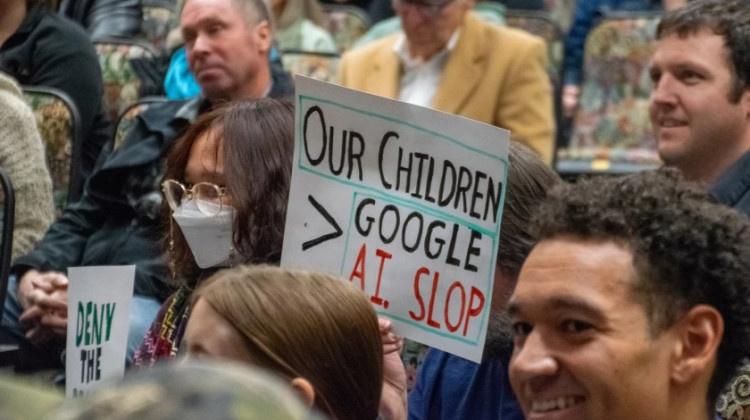Updated April 27 at 6:05 p.m.
The Indiana Supreme Court made a decision Thursday that will likely cost local governments millions of dollars in property tax revenue.
The conflict surrounds property tax valuations of big box stores – in this case, a Kohl’s. Local governments say the assessment should be based on how much value the property is worth to the current user, not some hypothetical future user.
But Kohl’s, represented by attorney Paul Jones, wants to base its assessment on what are called “dark stores,” or vacant big box stores. Jones compares it to home values.
“You move to a bigger house, you put your house on the market – that property is still a residential property that could be purchased by someone. It’s not worth less because you moved out of it,” Jones says.
But local governments – in this case, Howard County, represented by attorney Mark GiaQuinta – say that’s not a fair assessment. And GiaQuinta says the ripple effects from that sort of comparison are already being felt.
“We’re seeing operating factories bringing us comps of closed warehouse buildings,” GiaQuinta says.
And the difference in those values is millions of dollars, in every county in the state.
Some of the justices, including Justice Robert Rucker, seemed skeptical of what GiaQuinta was asking of the court.
“I don’t see an argument that the law was wrong, but the facts as applied seems to be where you’re going with this argument. And are we in a position to reweigh the facts?” Rucker says.
In a 3-2 vote, the Supreme Court decided not to officially review the case, keeping in place a lower court ruling that favors Kohl’s.
 DONATE
DONATE









 Support WFYI. We can't do it without you.
Support WFYI. We can't do it without you.